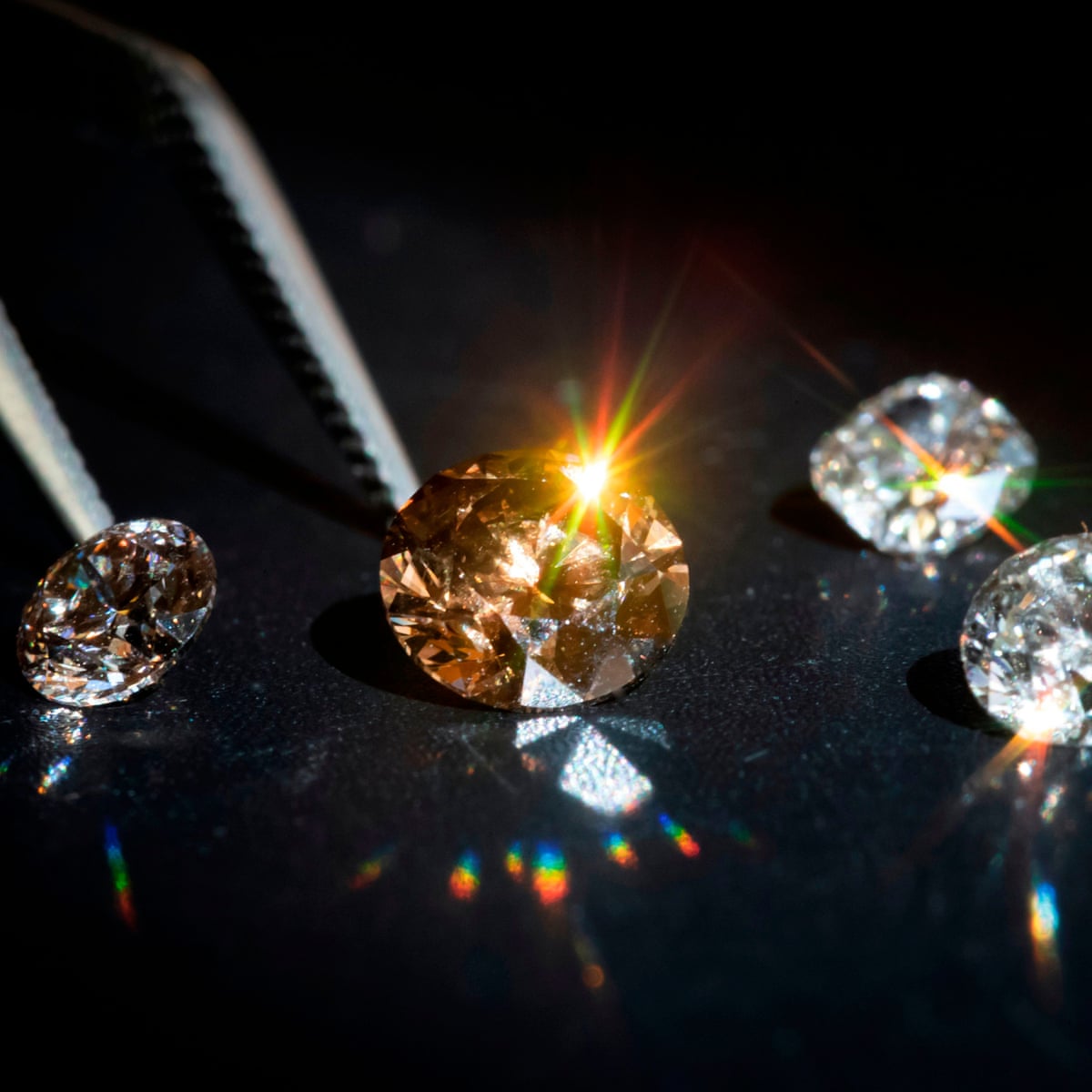Understanding Mined Diamonds and Their Impact
Mined diamonds have for some time been desired for their magnificence and rarity, yet their extraction can accompany significant ethical worries. The most common way of mining diamonds frequently involves environmental degradation, denials of basic liberties, and contributing to conflicts. This has prompted a more extensive discussion about the ethical implications of purchasing mined diamonds and the potential idea of “Mined Diamonds and bad karma” associated with them.
The Environmental Results of Diamond Mining
Diamond mining, especially in certain regions, can have extreme environmental impacts. The extraction cycle can prompt deforestation, soil erosion, and the destruction of biological systems. Mining activities frequently abandon contaminated land and dirtied water sources, affecting nearby wildlife and communities. Choosing to purchase mined diamonds may inadvertently uphold practices that contribute to environmental mischief, raising worries about the ethical implications of such buys.
Basic freedoms Issues in the Diamond Industry
One of the most pressing issues with mined diamonds is their association with denials of basic freedoms. In certain regions, diamond mining is linked to exploitative labor practices, including constrained labor and dangerous working conditions. Additionally, diamonds from conflict zones, frequently alluded to as “blood diamonds,” can finance furnished conflicts and propagate violence. These basic liberties violations have driven numerous to question the morality of purchasing mined diamonds, fearing that their buy might contribute to ongoing suffering and exploitation.
The Idea of “Bad Karma” and Ethical Choices
The idea of “bad karma” recommends that the negative actions associated with an item can ponder back the purchaser. With regards to mined diamonds, this idea implies that supporting an industry with ethical and environmental issues might bring about negative ramifications for the buyer. While the notion of karma is a philosophical and spiritual belief rather than a tangible reality, it highlights the growing consciousness of ethical consumerism and the desire to settle on decisions that align with one’s qualities.
The Rise of Ethical Alternatives: Lab Grown Diamonds
In light of the worries surrounding mined diamonds, lab grown diamonds have arisen as a viable and ethical alternative. Lab grown diamonds are established in controlled environments, avoiding the environmental and basic liberties issues associated with traditional mining. They offer similar physical and chemical properties as mined diamonds yet are created without the negative impact on communities and biological systems. Choosing lab grown diamonds permits customers to partake in the magnificence of diamonds while supporting a more ethical and sustainable industry.
The Job of Purchaser Mindfulness in Changing the Industry
Purchaser mindfulness assumes a crucial part in driving change within the diamond industry. By making informed choices and advocating for ethical practices, purchasers can influence industry standards and energize more prominent straightforwardness and responsibility. As additional customers prioritize ethics and sustainability, the demand for responsible alternatives like lab grown diamonds is likely to develop, fostering a positive shift in the industry.
Conclusion
The ethical worries surrounding mined diamonds, including their environmental impact and association with denials of basic freedoms, have driven numerous to question their part in the advanced adornments market. The idea of “bad karma” mirrors a growing consciousness of the outcomes of supporting industries with negative practices. By opting for ethical alternatives, for example, lab grown diamonds and supporting responsible sourcing, buyers can partake in the excellence of diamonds while aligning their choices with their qualities and contributing to a more sustainable and equitable industry.

